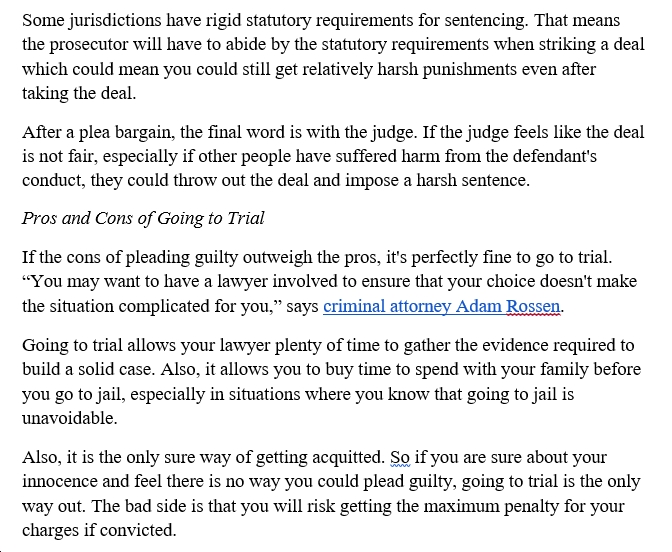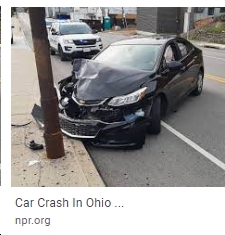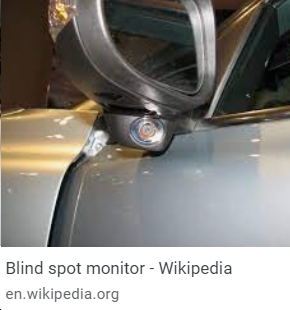SPONSORED CONTENT
Death and mortality are things that we are well aware of but usually tend to avoid thinking about. Often we do not think about the consequences of our death until we are faced with a situation close to home.
People passing away without leaving behind a will or any documents that suggest how they want their estate distributed can often cause a rift between families. The whole process of asset distribution can be physically, mentally, and emotionally exhausting. Estate planning can help reduce this stress. But even they can be confusing at times.
So here is an overview of what probate is and how an estate is probated with or without the presence of a will.
What Exactly Is a Probate?
Probate is the legal process of administering a deceased person’s estate. This involves multiple steps, including identifying the items and taking an inventory of the deceased individual’s estate. The inventory of property is then professionally appraised. It also includes paying debts and taxes owed by the deceased individual and distributing the remaining property and assets by their will.
Usually, an executor is appointed to administer the estate according to the will. This executor must also look after all the paperwork, and court appearances and confer with lawyers and tax professionals as required by the probate process.
During the probate process in Florida and most other states, immediate family members or heirs according to the will may also ask the court to release short-term support funds. But they are not granted access to any assets or inheritances until everything is legally sorted out or the probate process has ended.
Is It Possible to Probate an Estate Without a Will?
The answer to this question is yes. However, the process can be more complicated in this scenario and requires additional steps and planning.
There are various ways in which estates can be probated without wills. Here are a few:
Create Living Trusts
In Florida, living trusts can trump probate. A living trust is a legal document that an individual can create to name a specific beneficiary who will receive the designated assets or the specified monetary amounts. This document also names a trustee, the executor of the trust.
Use Joint Ownership
If multiple names are placed on an account, it reverts to the “right of survivorship” in most situations. So the surviving owners are now the sole owners of the asset, and it is not part of the probate process.
Payable-On-Death Designations
Payable-in-death (POD) bank accounts, including savings and certificates of deposits, are directly handed over by the bank to the named beneficiary upon the owner’s death.
Transfer-On-Death Registration
Stocks and bonds in Florida can have a transfer-on-death (TOD) registration. Like a POD, these will be handed to the named beneficiary after the owner’s death.
What Happens if You Die Without a Will?
Florida has its Succession Laws, which are applicable if a person dies without leaving any will or documents mentioned above.
Attorney Samah Abukhodeir from The Florida Probate & Family Law Firm explained, “If a person leaves no will behind, the probate proceedings for intestate assets follow Florida Statutes. Most estate assets are a part of public records, and the deceased’s loved ones do not determine the distribution as the intestacy laws are what are followed.”
The state has definite rules for the distribution of assets in such cases, which are as follows:
- The first party to have the right of inheritance is the spouse of the deceased.
- Children of the deceased (including those who were adopted; but not step-children) are then taken into account. If a child has previously passed, then any existing grandchildren will inherit that portion.
- If no spouse or children exist, the inheritance passes to the deceased’s parents.
- If there is no spouse, children, or parents, then the estate passes to any siblings of the deceased.
If the estate administrators cannot find intestate heirs, there is a chance the assets will be escheat to the state of Florida. This is why it is extremely important to have your estate planning in place as soon as possible.


















